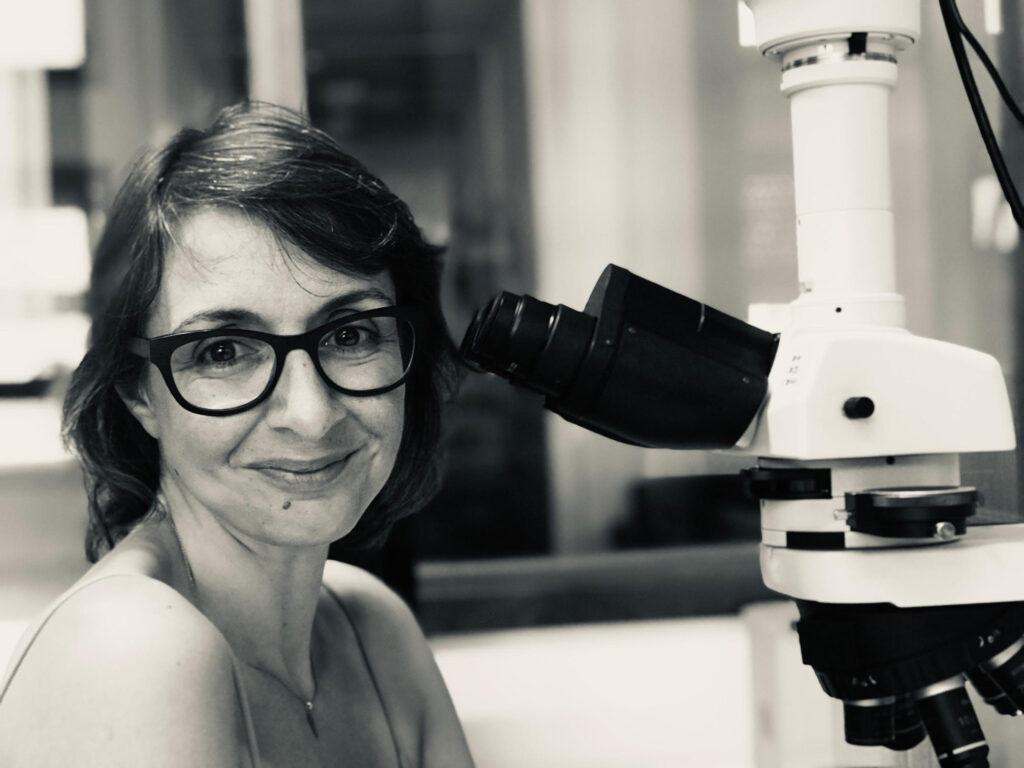Vera Aldeias, researcher at the Interdisciplinary Center for Archeology and Evolution of Human Behavior (ICArEHB) at the University of Algarve (UAlg), received a Starting grant from the European Research Council (ERC), worth 2 million euros. This is the first ERC grant awarded to the Algarve academy and the first time it has been awarded to the field of archeology in Portugal.
Of the more than 4 proposals submitted, analyzed by renowned scientists and researchers from around the world, 397 were selected, including the project “MATRIX – Into the Sedimentary Matrix: Mapping the Replacement of Neanderthals by early Modern Humans using micro-contextualized”. biomolecules” by the ICArEHB researcher.
This project aims to analyze the dynamics that led to the transition from Neanderthals to our species, Homo Sapiens, on the European continent.
The project is based on a new approach to this much-debated issue: the use of biomolecules (DNA, proteins and lipids) preserved in the sediments (on the ground) of archaeological sites.
The ERC Starting Grant is awarded for five years to promising researchers who start their own independent research team or program and the selected proposals cover all areas of research.
After the first call for proposals, €619 million will be invested under the new Horizon Europe programme, in projects of scientific excellence.
For Vera Aldeias, this ERC Starting Grant represents «a huge pride in having been selected for one of the most competitive programs in the world of science. This opportunity will enable us to develop cutting-edge science at the highest level from the University of Algarve».
The MATRIX project, explains the researcher, «focuses on the transition period from Neanderthals to Sapiens – a pivotal moment in our evolution that can help us explain why our species is today the only one to inhabit the planet. ».
The team led by Vera Aldeias will analyze a wide range of archaeological sites, stretching from the Republic of Georgia, in the east, to Portugal, in the extreme west of Europe. The project will study the archaeological sediments (the earth) with the help of microscopes.
Then, with the help of new technologies, it will be possible to extract preserved molecules, namely small pieces of DNA that inform us about which animals (including which human species) lived in those places through the ages.
For Vera Aldeias, «the great innovation proposed in this grant is that we can extract not only DNA, but also proteins and lipids from small samples for which we know exactly how they were deposited and, therefore, we can trust their veracity».
This project will thus «contribute to establishing an innovative methodology that integrates archeology at the microscale with biomolecule analyzes to understand what were the dynamics behind this transition and if they were always the same in different areas of Europe».
For Maria Leptin, President of the European Research Council, “letting young talent thrive in Europe and pursue their most innovative ideas – this is the best investment in our future, given the increasing competition globally. We must trust young people and their perceptions of areas that will be important tomorrow.”
“So I'm very happy to see these ERC Initiation Scholarship winners ready to break new ground and form their own teams. Some of them will return from abroad, thanks to ERC grants, to do science in Europe. We must continue to ensure that Europe remains a scientific powerhouse," he added.
The ERC, established by the European Commission in 2007, operates in accordance with the principles of scientific excellence, open science, autonomy, efficiency, effectiveness, transparency, responsibility and research integrity ensured by the European Commission.



















Comments